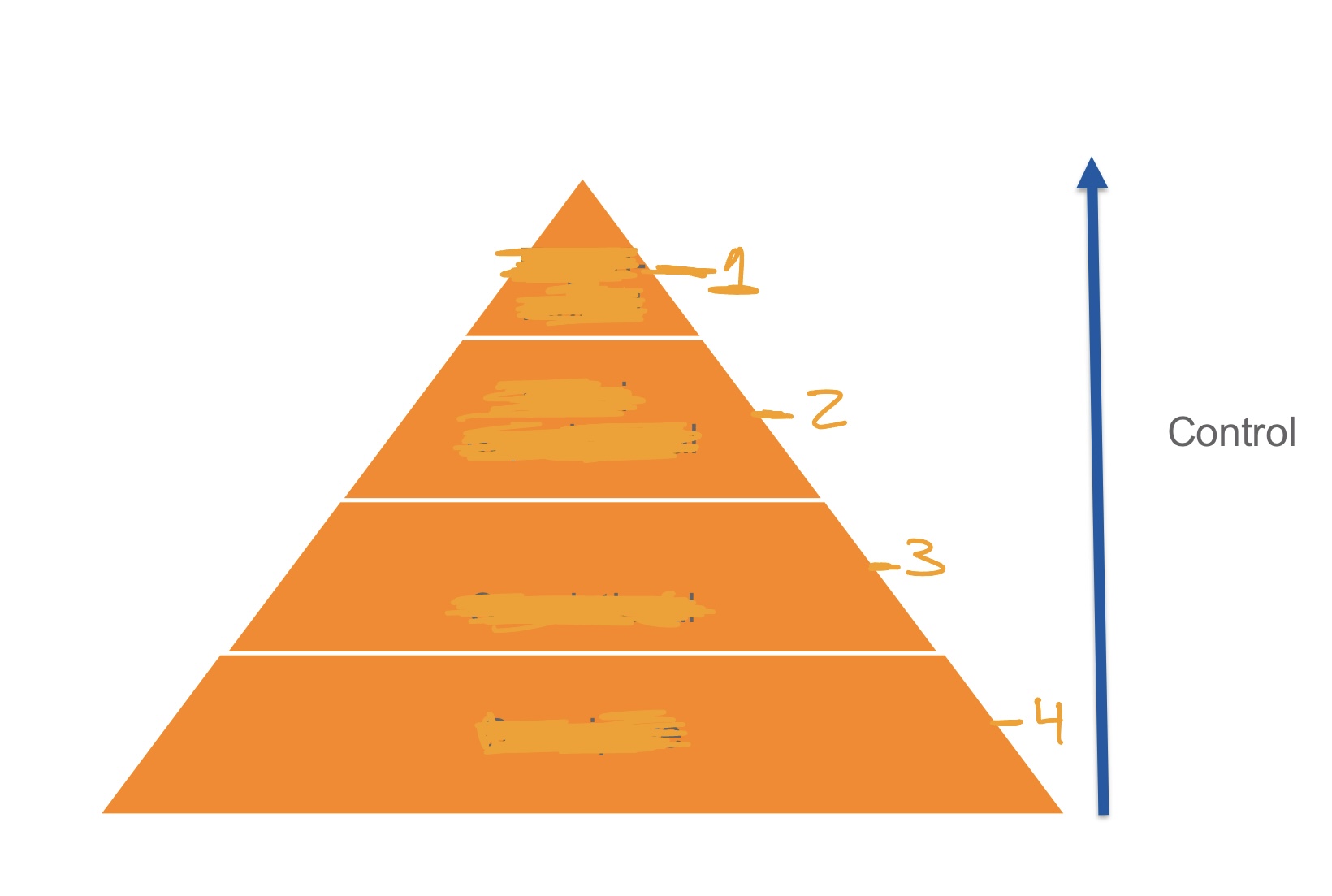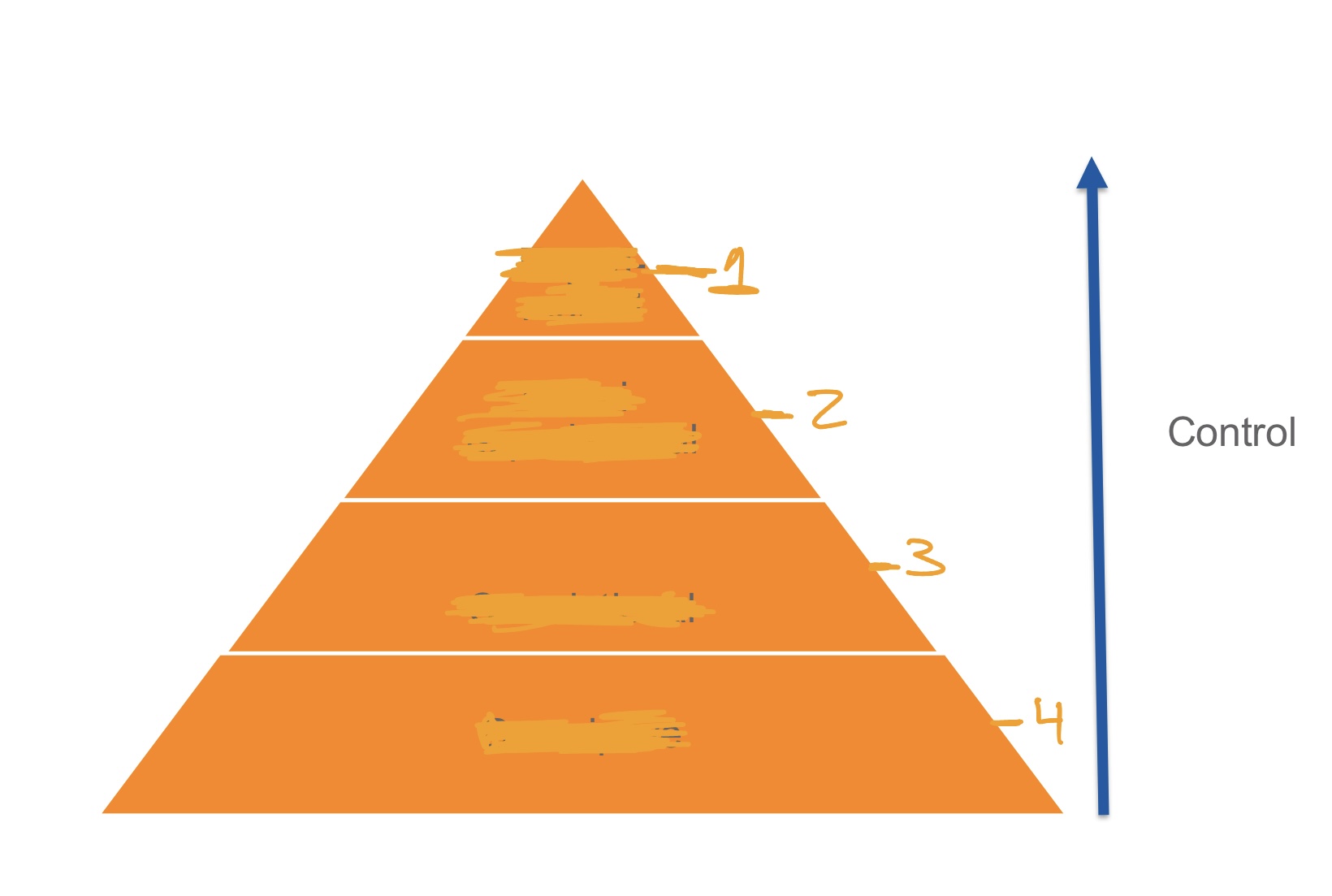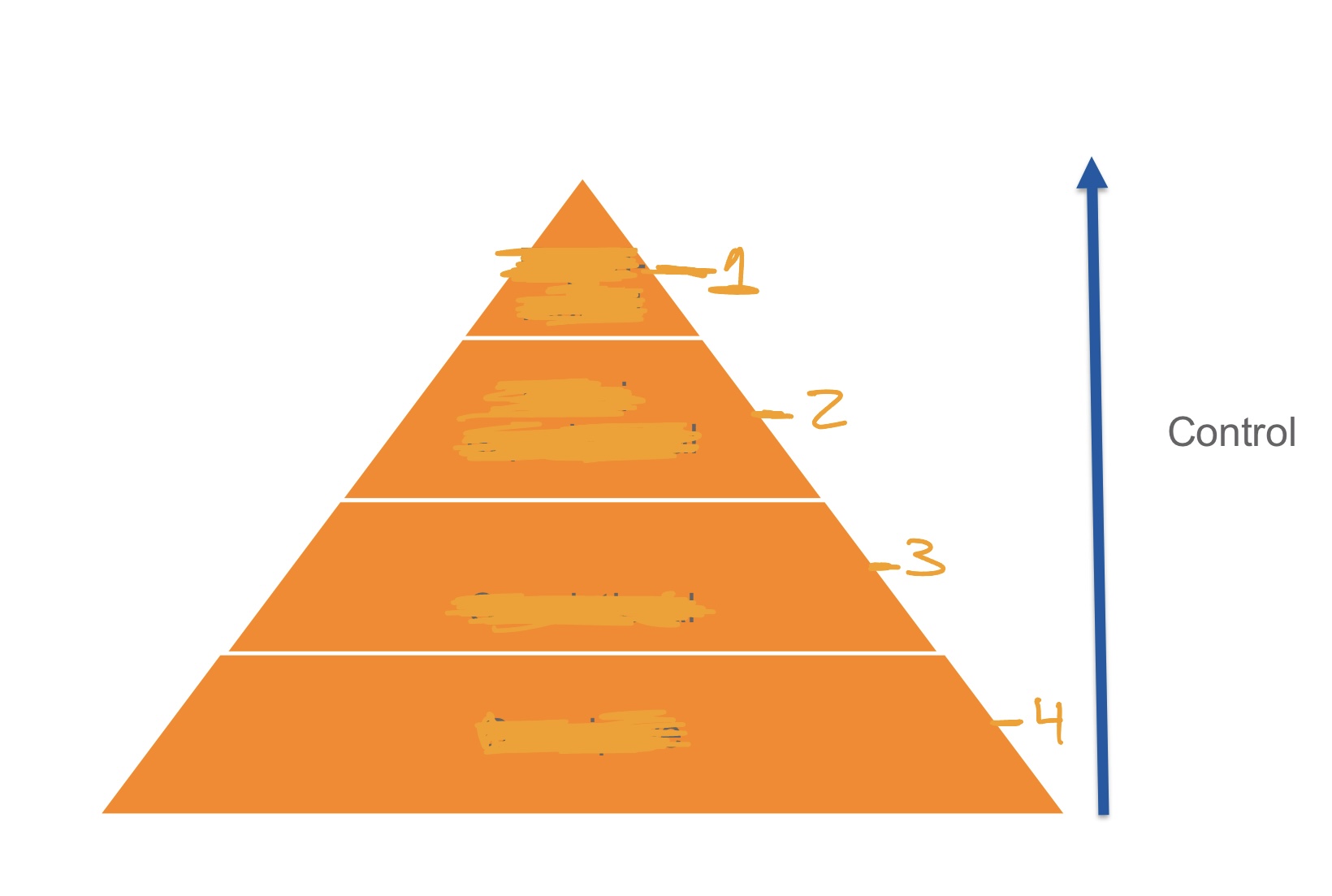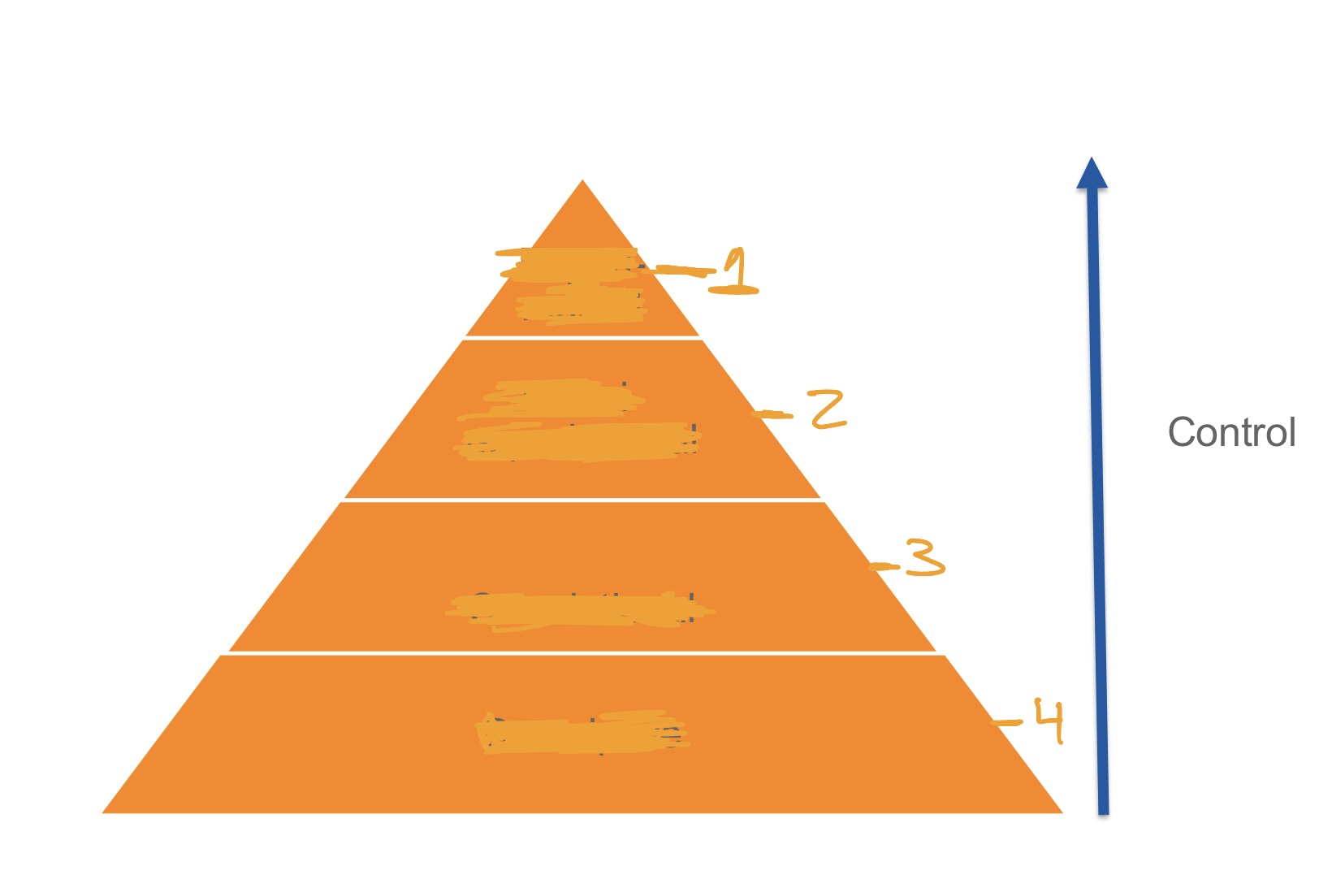EBP Week 2: Basic Principles of Research
1/27
Earn XP
Description and Tags
Flashcards for EBP Week 2: Basic Principles of Research
Name | Mastery | Learn | Test | Matching | Spaced |
|---|
No study sessions yet.
28 Terms
BSN Research Competencies
Read and critically appraise studies. Use best evidence with guidance. Assist with problem identification and data collection.
MSN Research Competencies
Critically appraise and synthesize studies to develop protocols, clinical algorithms, and policies. Collaborate in research projects and provide clinical expertise for research.
DNP Research Competencies
Participate in EBP guideline development. Develop, implement, evaluate, and revise protocols, policies, and EBP guidelines. Conduct clinical trials in conjunction with nurse researchers.
PhD Research Competencies
Assume major scientific role in conducting research to generate empirical knowledge. Obtain research funding and lead research teams.
What are the two types of research?
Quantitative and qualitative
descriptive
Relational
Quasiexperimental
Experimental
Quantitative research
Phenomenological
Grounded theory research
Ethnographic
Exploratory descriptive
Qualitative research
Descriptive Research
Accurate account of characteristics of individuals, groups, epidemics, or contexts. Useful in early investigations of a phenomenon.
Correlational Research
Systematic investigation of relationships between variables.
Quasi-experimental Research
Examines causal relationships and why certain events happen; no randomization.
Experimental Research
Systematic controlled investigation performed to predict and control the phenomena via randomization to groups.
R= .20 or r=.65 Which Relationship strength is higher
R=.65

In the quantitative research pyramid, which category has the most control
Experimental, 1

In the quantitative research pyramid what has the second most control?
Quasi experimental, 2

What is number three on the quantitative data research pyramid
Correlational

What is number four on the quantitative data research pyramid?
Descriptive
What type of data describes concepts and corresponding variables such as medication, duration or symptoms and examines relationships between those variables and may determine impact of intervention and relevant outcomes
Quantitative research
Study
Review of literature
Study population and sampling
Variables
Measurement
Error
Hypothesis testing
Key considerations for research
What consideration of research states and expectation of what will be uncovered a predicted answer to the research question
Study
What consideration for research examines existing knowledge about phenomenon of interest
review of literature
What can considerations for research? Include validity and reliability
Measurement
What consideration For research includes bias
Error
The entirety of a group of people
Population
Nominal, ordinal, interval and ratio are used to do what with data
Measure
City of birth
Ethnicity
Car brands
Martial status at a given time
Nominal data
top five Olympic medalist
Language ability
Liker-t type
Ordinal data
IQ scores
Personality inventory
Temperature in Fahrenheit or Celsius
Interval data
Height
Age
Weight
Temperature in Kelvin
Ratio data